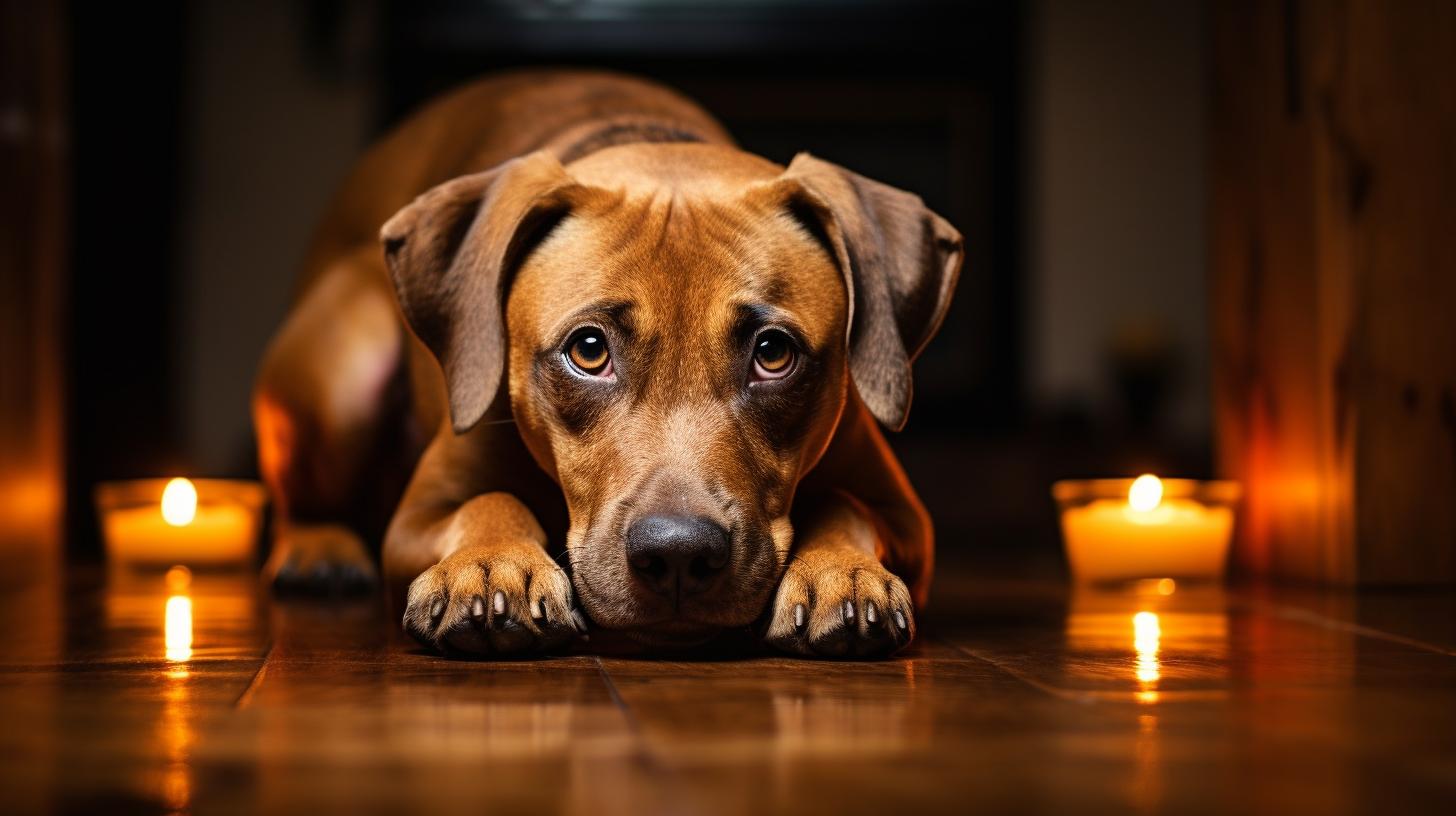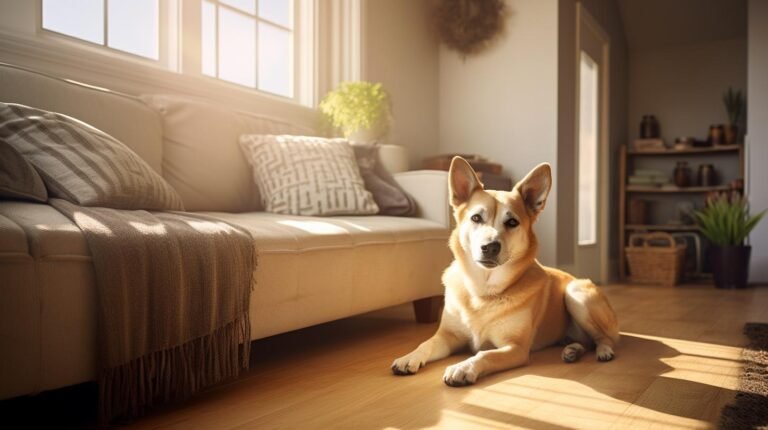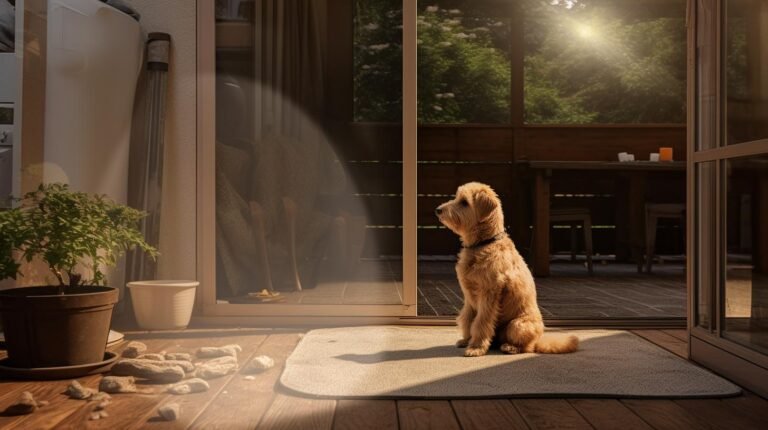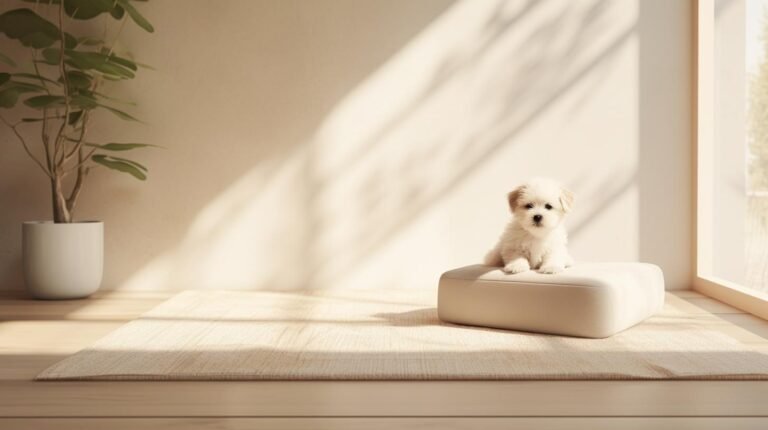Have you ever wondered why your furry friend, who is seemingly potty trained and has been behaving well, suddenly starts to pee all over your house? You’re perplexed. What dot does a dot-to-dot puzzle have to do with your pet’s erratic urination? Well, this just might be your dog’s intricate, yet instinctual, way of communicating something urgent to you.
It’s not uncommon for pet parents to experience this distressing situation. But, rest assured, your four-legged friend isn’t turning rebellious or spiteful. In almost all cases, this unusual behavior is indicative of underlying physical health issues or emotional stress. Deciphering this doggy dilemma requires a keen understanding of canine behavior, a dash of detective work, and a hearty dose of patience.
First and foremost, it’s crucial to remember that punishing your dog for such behavior won’t solve the problem. Instead, it might add to your dog’s stress and worsen the situation. Now that we’ve got this out of the way, let’s dive deep and decode the possible reasons for your dog’s sudden in-house ‘splash party’, along with the steps you can take to rectify this.
1. Medical Issues:
Like humans, dogs too can suffer from a multitude of health conditions that might result in loss of bladder control. These include urinary tract infections (UTIs), kidney disease, diabetes, bladder stones, or age-related incontinence. Watch out for other symptoms like excessive drinking, unusual odor in urine, or frequent urination. To eliminate any medical causes, consult your vet who might recommend tests to confirm physical health issues. If any medical issue is detected, follow your vet’s treatment plan diligently. Regular monitoring and follow-ups are key here.
2. Emotional Stress:
Dogs are sensitive creatures and can be easily overwhelmed by significant changes in their environment. This could range from a new family member, change in your work schedule, moving to a new house, to even separation anxiety. In response to stress, some dogs resort to peeing inside the house. Here, providing a loving, calm environment along with ensuring your dog gets plenty of mental and physical stimulation helps manage stress. If you suspect separation anxiety, gradually acclimatize your dog to your absence or consider hiring a dog sitter or walker.
3. Submissive or Excitement Urination:
Does your pooch pee a little whenever they encounter new people or get too excited? This is commonly seen in puppies and submissive dogs, where they urinate as a sign of respect in dog language or due to excessive excitement. Such behavior usually fades as the dog matures. In the meantime, you can manage this by keeping greetings low-key and training your pup to calm down.
4. Insufficient House Training:
Has your dog been adequately house trained? If your dog hasn’t, or if it’s a newly adopted dog, this might be the root cause. Revisit and reinforce house training, focusing on consistent timing and location for potty breaks. Reward your dog when they eliminate outside and gradually increase the time between potty breaks to build control.
5. Marking Territory:
Unneutered males and unspayed females often urinate to mark their territory. This behavior, though normal for dogs in the wild, can be annoying or even damaging in a domestic setting. Spaying or neutering your pet can significantly reduce such incidents.
These are prevailing reasons why your dog may suddenly think it is okay to use your living room as their toilet. The first step towards solving this is identification and understanding, which will then allow you to work towards a solution methodically. Talk to your vet, or a canine behavioral expert if needed. Remember not to lose your patience and cope with the situation scientifically and empathetically. Your furry friend needs your support during this difficult time.
Lastly, always remember that a dog’s urine can cause damage to your furniture and carpets. So, while you’re figuring it out and taking necessary actions, consider keeping an enzymatic cleaner on hand. This type of cleaner can break down the pee and eliminate odors, discouraging your dog from peeing in the same spot.
Navigating life with dogs can be an uplifting and sometimes messy journey. But armed with the right information and understanding, you can conquer any doggy pee-pee predicament that comes your way. With patience, understanding, and persistence, you’ll both cruise through this pee-filled bump in the road, strengthening your bond with your furry pal even further.



